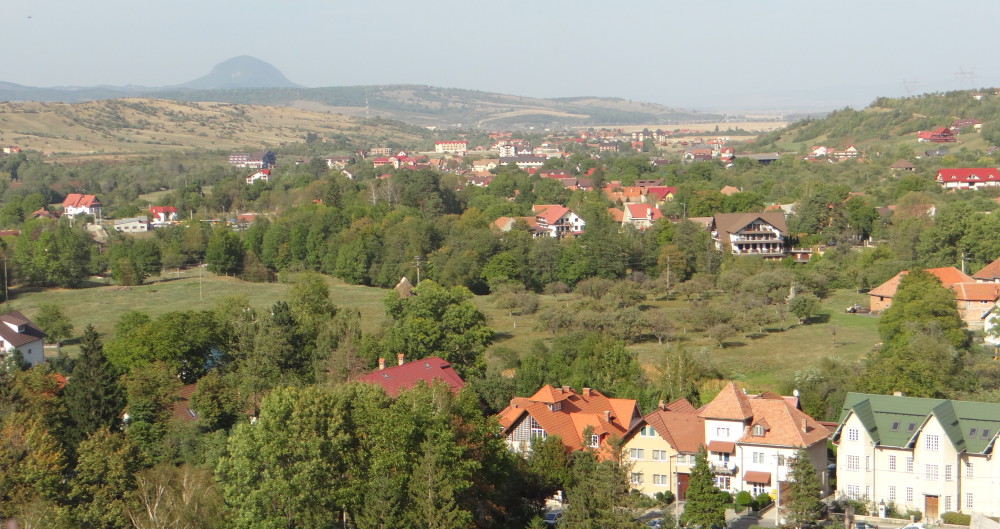The 2015 Quadrennial Diplomacy and Development Review (QDDR) was released on April 27. According to the website, it is “a blueprint for U.S. foreign policy.” Following the 2010 review, the 2015 version identifies priorities and reforms needed to “advance the U.S. interests articulated in the 2015 National Security Strategy.” http://www.state.gov/s/dmr/qddr/releases/241180.htm
According to the website, the review is a “joint effort of the Department of State and the U.S. Agency for International Development” (USAID). It identifies four strategic priorities and recommendations:
1. Preventing and mitigating conflict and violent extremism
2. Promoting open, resilient, and democratic societies
3. Advancing inclusive economic growth
4. Climate change http://www.state.gov/s/dmr/qddr/
According to the Executive Summary, preventing and mitigating conflict and violent extremism will be accomplished through expansion of prevention efforts by partnering with “host governments, supporting vulnerable communities, and challenging extremism messaging” and by strengthening “our ability to prevent and respond to internal conflict, atrocities, and fragility.” Investments will be made in “fragile states” to prevent conflict and manage crises by providing personnel and support to “specified countries of concern.”
Promoting open, resilient, and democratic societies will be accomplished by investing in democracy, human rights, and governance such as global initiatives (i.e., Open Government Partnership, Extractive Industries Transparency Initiative); by expanding anti-corruption (corruption and bribery) initiatives; by supporting civil society and protecting an open Internet; and by protecting human rights.
Advancing inclusive economic growth will be accomplished by “expanding the middle class worldwide” (decrease youth unemployment, wealth inequality, promote gender equality, increased access to electricity, ways out of poverty, increased government accountability, a “race to the top” model); by enhancing economic leadership and expertise; and by improving use of data and diagnostics.
Climate change (a.k.a. seasons) effects are a “threat to our national security” and a “top priority for the State Department and USAID.” Climate change mitigation and adaptation will be bureaucratically accomplished by promoting clean energy technology, increasing climate expertise, and appointing “climate leaders” and personnel at all bureaus and offices. Staff will be educated (read indoctrinated) on “climate-related issues, incorporating climate-related knowledge into the core competencies for Department and USAID officers.” In compliance with Executive Order 13677 on Climate-Resilient International Development, climate change will be integrated “into all of our diplomacy and development efforts.” Critical countries that are not compliant will be integrated into “our diplomacy and development efforts” for “in-depth climate engagement” in order to meet “international climate goals.” The Department will complement all this global warming mitigation by directly engaging mayors, governors, faith leaders, women’s groups, and business leaders. As the review states, “We will seek their support in making commitments to reduce greenhouse gas emissions.”
According to the Executive Summary, the State Department’s work has been so successful, it has set “the world’s highest standards for labor rights and environmental protection through the Trans-Pacific Partnership (TPP) and Transatlantic Trade and Investment Partnership (T-TIP), which will put the United States at the center of a free trade zone covering two-thirds of the global economy.” www.state.gov/documents/organization/241430.pdf
I wonder if anyone bothered to ask the massive unemployed in this country and all Americans negatively impacted by the huge influx of illegal aliens if they are satisfied with the adverse economic side-effects of treaties like the TPP, negotiated against the wishes and interests of the American people. And how does Mother Nature with its expected swings in weather, climate, volcanic eruptions, hurricanes, earthquakes, tsunamis, and global current-flows figure into the national security equation of climate change mitigation?
Copyright: Ileana Johnson 2015
